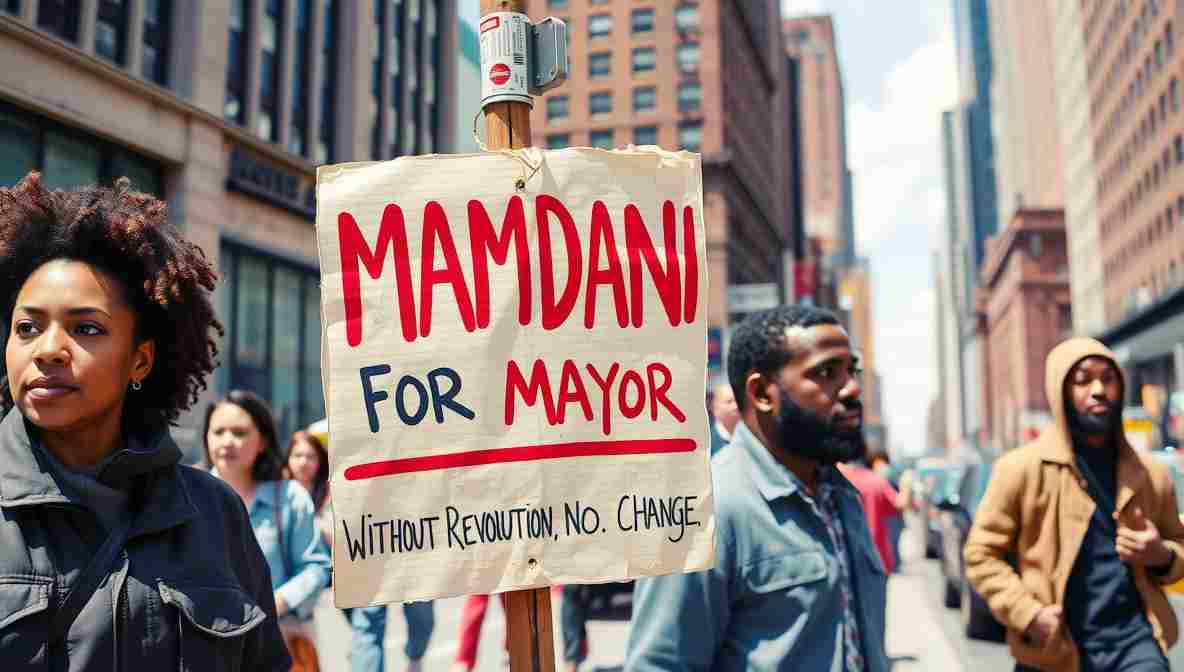Controversial legislation targets America’s largest city over mayor-elect’s political ideology
Unprecedented Federal Intervention in Local Politics
In an extraordinary move that has raised constitutional questions, Republican members of Congress have introduced legislation that would cut federal funding to New York City following Zohran Mamdani’s election as mayor. The MAMDANI Act, named as an acronym referencing the newly elected official, represents what legal scholars describe as an unprecedented attempt to punish a municipality for the political views of its democratically elected leader.
Fox News first reported on the proposed legislation, which has gained traction among conservative lawmakers who view Mamdani’s self-described socialist platform as antithetical to American values. The bill would block various federal grants and assistance programs to the city, potentially impacting billions of dollars in funding for transportation, housing, education, and law enforcement programs.
Constitutional Concerns and Legal Challenges
Constitutional law experts have immediately questioned the legality of the proposed legislation. Legal scholars note that the Supreme Court has historically protected the rights of states and municipalities to govern themselves without federal interference based on political ideology. The Tenth Amendment reserves powers not delegated to the federal government to the states, and legal precedent suggests that conditioning federal funds on a city’s choice of leadership could violate these principles.
New York’s Attorney General has already signaled intention to challenge the legislation if it passes, calling it “an assault on democracy and the will of New York City voters.” The office is preparing legal arguments that the MAMDANI Act would constitute unconstitutional coercion and viewpoint discrimination.
Political Motivations and Partisan Divisions
Republican sponsors of the legislation have framed their effort as necessary oversight of federal tax dollars. In statements to the press, they argue that Mamdani’s proposed policies, including plans to reduce NYPD funding and establish alternative public safety mechanisms, would create an unsafe environment that doesn’t warrant federal support.
Democrats have condemned the bill as blatant political retaliation. House Democratic leadership issued a joint statement calling the MAMDANI Act “a dangerous precedent that would allow Congress to override local elections whenever they disagree with the results.” They note that similar logic could be applied to any city, regardless of political affiliation, creating a slippery slope toward federal control of municipal governance.
Economic Impact and City Response
New York City receives approximately $8 billion annually in federal funding across various programs. The potential loss of these funds would force severe cuts to essential services or require the city to dramatically increase local taxes to compensate. Transportation infrastructure projects, affordable housing development, and public health programs would face immediate jeopardy if the legislation were to pass and withstand legal challenges.
Mayor-elect Mamdani has called the proposed legislation “an attack not just on me, but on every New Yorker who participated in our democratic process.” He has vowed to work with the current administration to ensure continuity of federal funding and is consulting with legal experts on potential challenges. Mamdani’s transition team is also developing contingency plans for governing without certain federal resources if necessary.
National Implications
Political observers note that the MAMDANI Act, regardless of its ultimate fate, signals an escalation in partisan conflict over urban governance. Progressive leaders in other major cities are watching closely, recognizing that similar legislation could target them if Republicans maintain control of Congress. The controversy highlights the growing divide between urban and rural America, with cities increasingly electing progressive leaders while rural areas trend conservative.
The legislation also raises questions about the future of federal-local relationships. If Congress can condition funding on approval of local leadership, the fundamental nature of American federalism could shift dramatically. Cities might face pressure to moderate their policies or risk losing vital federal support, effectively allowing Congress to override local democratic processes without formally intervening in elections.



